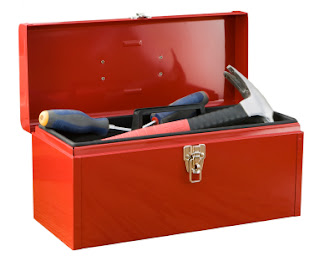Informational interviews, according to employment
consultants Griffin-Hammis Associates, Inc., are a great way to:
- develop Discovery activities that make sense for
the job seeker, like a situational assessment or a work experience;
- build a job placement network;
- discover new kinds of jobs;
- introduce yourself and your services to employers; and
- build the mental database that all of us rely on for employment ideas before beginning a job search with someone.
In the Indiana Employment Services Model, informational interviews
fall under Discovery. Since Discovery activities should be targeted and purposeful,
based on each consumer’s individualized needs and informed choice, you won’t
need to conduct an informational interview with an employer for every person on
your caseload.
Why, then, would you conduct an informational interview?
Griffin-Hammis trainer Patty Cassidy says an informational interview
can:
- help refine vocational themes.
- reveal skills and tasks found in workplaces.
- reveal conditions of employment.
- serve as a warm-up to job development.
- keep you thinking in different ways.
- provide INFORMATION!
 |
| Informational Interview Graphic. Click here to see larger view. |
How do you conduct an informational interview?
- Set up the interview. Ask for 20-30 minutes. Keep it casual.
- Prepare your client; do your homework.
- Use "smooth listening" with the employer (you're there to learn).
- Observe everything.
- Ask for advice--find warm leads.
What questions should you ask?
Here's a simple list of sample
questions (and a few you should avoid). Informational Interview Questions
Need more information? Flip through this presentation from Patty Cassidy, of Griffin-Hammis,
who talked with us about informational interviewing in a 2015 Check & Connect
webinar. Informational Interviews
